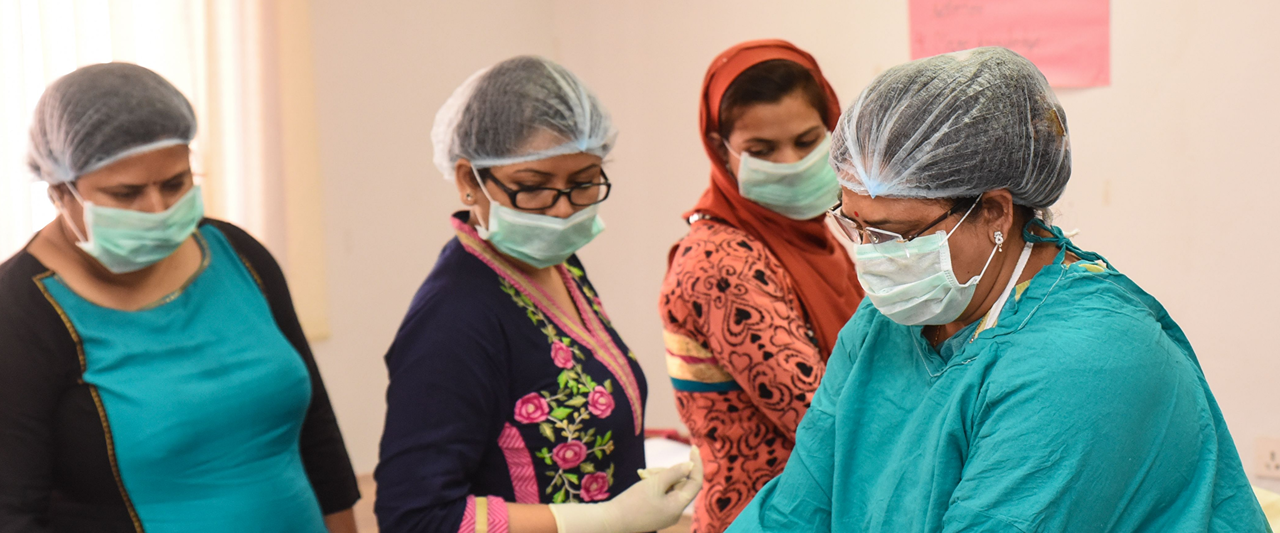Study
Published in Frontiers in Global Women’s Health
Conducted by Ipas in partnership with the International Federation of Medical Students’ Associations (IFMSA), this study surveyed nearly 1,700 medical students from 85 countries on their education and attitudes about abortion care—making it the most globally comprehensive examination of this topic to date.
Main takeaway
This study, the result of years of collaboration between Ipas and IFMSA, clearly shows there’s a strong demand for abortion education, but many medical schools don’t offer it. This lack of training, not a lack of interest, is the main reason fewer future doctors are prepared to provide abortion care.
“With fewer doctors being trained to provide abortions—especially in places like the U.S. where abortion access is under attack—it’s more important than ever for medical schools to offer proper training. This study makes it clear: students want more education on abortion care, but many schools are unwilling to provide it. This needs to change so future doctors can meet the demand for safe, accessible abortion services.”
— Tamara Fetters, Ipas senior researcher
Why it matters
Access to safe, high-quality abortion care relies on having skilled providers available. In places where abortion is restricted and stigma is strong, vulnerable groups—such as rural, poor, less educated, adolescent, or unmarried women—face an even higher risk of unsafe abortions. However, this study shows that a lack of training and persistent stigma is causing fewer doctors to be prepared to offer abortion care in the future.
An overwhelming majority of surveyed students in this study not only believe in the right to choose abortion, but they support government-provided abortion care as part of public health and think abortion should be mandatory in medical curricula. This highlights the potential for future doctors to be powerful advocates for high-quality abortion care and demonstrates that the real barrier isn’t student interest—it’s a lack of institutional support.
Key findings
- A significant 83% of medical students believe that “access to safe abortion is every woman’s right,” and many are willing to provide abortion care after graduation.
- Despite the lack of abortion training in their education, 42% of surveyed students still intend to provide abortion care in the future, and 75% support making abortion education mandatory in medical schools.
- Nearly one-third of gynecology students reported no exposure to abortion or postabortion care during their studies.
- Of the two-thirds of students who received some abortion care education, 55% said it was limited to just one lecture, and only 19% had any hands-on training in abortion care.
- Over 40% of surveyed students expressed concern about being discriminated against if they provided abortion services.



